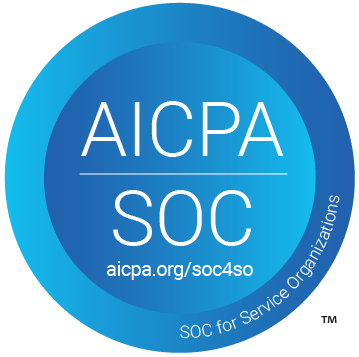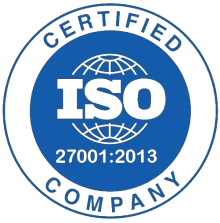Learn how to effectively use different types of filters in Pabbly Connect to optimize your automation workflows with Pabbly Connect. Follow this definitive guide to creating powerful automated workflows with straightforward, efficiency-focused solutions that save valuable time.
Watch Step By Step Video Tutorial Below
1. Understanding the Filter Module in Pabbly Connect
The filter module in Pabbly Connect is essential for setting conditions in automation workflows. It allows users to add specific criteria that determine whether a workflow should proceed based on the data received from applications like Pabbly Form Builder.
To access the filter module, first create a workflow in Pabbly Connect. After setting up your trigger, click on the ‘Add Action Step’ button. This will allow you to select the filter option from the list of available actions.
2. Setting Up Filters in Pabbly Connect
To set up filters in Pabbly Connect, you need to specify the label and the condition. For instance, if you are working with gender data from Pabbly Form Builder, you can filter responses to only include those with a specific gender.
- Select the label (e.g., Gender).
- Choose the filter type (e.g., Equals, Does Not Equal).
- Enter the value you wish to filter by (e.g., Female).
After setting these parameters, you can test the filter to ensure it works correctly. If the response matches the criteria, the workflow continues; otherwise, it stops.
3. Exploring Different Filter Types in Pabbly Connect
Pabbly Connect offers various filter types to enhance your automation processes. For example, you can use the ‘Equals’ filter to check if a value matches exactly or the ‘Does Not Equal’ filter to exclude certain responses.
Each filter type serves a unique purpose:
- Equals: Checks if the response matches the specified value.
- Contains: Verifies if a string exists within another string.
- Exists: Checks if a label is present in the response.
Using these filters effectively can streamline your workflows and ensure that only relevant data is processed in Pabbly Connect.
4. Advanced Filtering Techniques in Pabbly Connect
In addition to basic filters, Pabbly Connect allows for more advanced filtering techniques. For example, you can check if a field is empty or not, or if a value starts or ends with a specific character.
Utilizing these advanced filters can help you manage data more efficiently:
Is Empty: Checks if a field has no value. Starts With: Verifies if a string begins with a certain character. Ends With: Checks if a string concludes with a specific character.
These techniques enhance the functionality of your workflows in Pabbly Connect and allow for more granular control over your data processing.
5. Conclusion: Maximizing Workflow Efficiency with Pabbly Connect
In conclusion, using filters in Pabbly Connect is crucial for optimizing your automation workflows. By setting specific conditions, you can ensure that only relevant data is processed, enhancing the overall efficiency of your operations.
Ensure you check out Pabbly Connect to create business automation workflows and reduce manual tasks. Pabbly Connect currently offer integration with 2,000+ applications.
Check out Pabbly Connect – Automate your business workflows effortlessly! Sign Up Free – Start your journey with ease! 10,000+ Video Tutorials – Learn step by step! Join Pabbly Facebook Group – Connect with 21,000+ like minded people!
Understanding and implementing various filter types, including basic and advanced filters, will empower you to leverage the full potential of Pabbly Connect and Pabbly Form Builder in your automation tasks.






